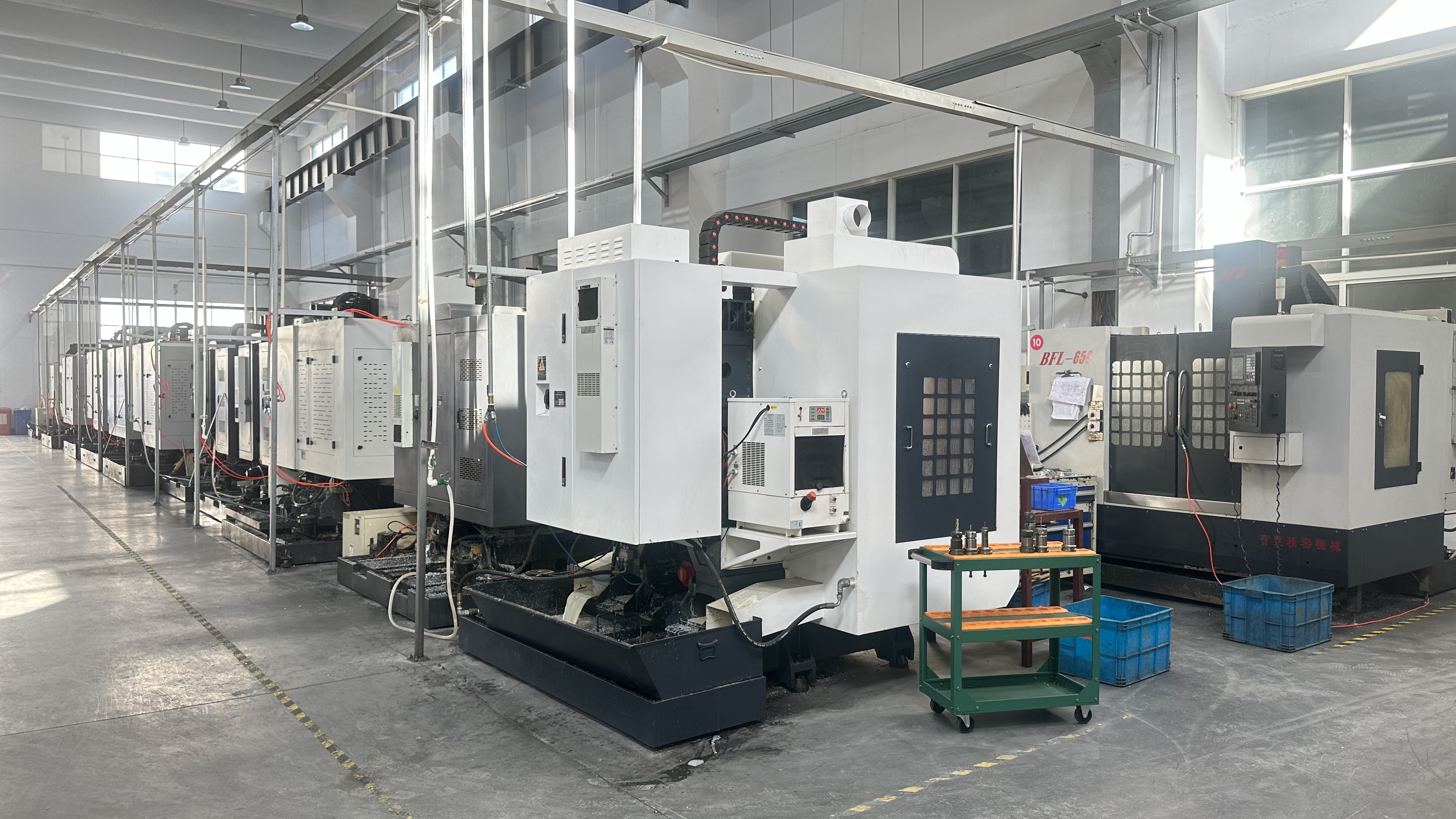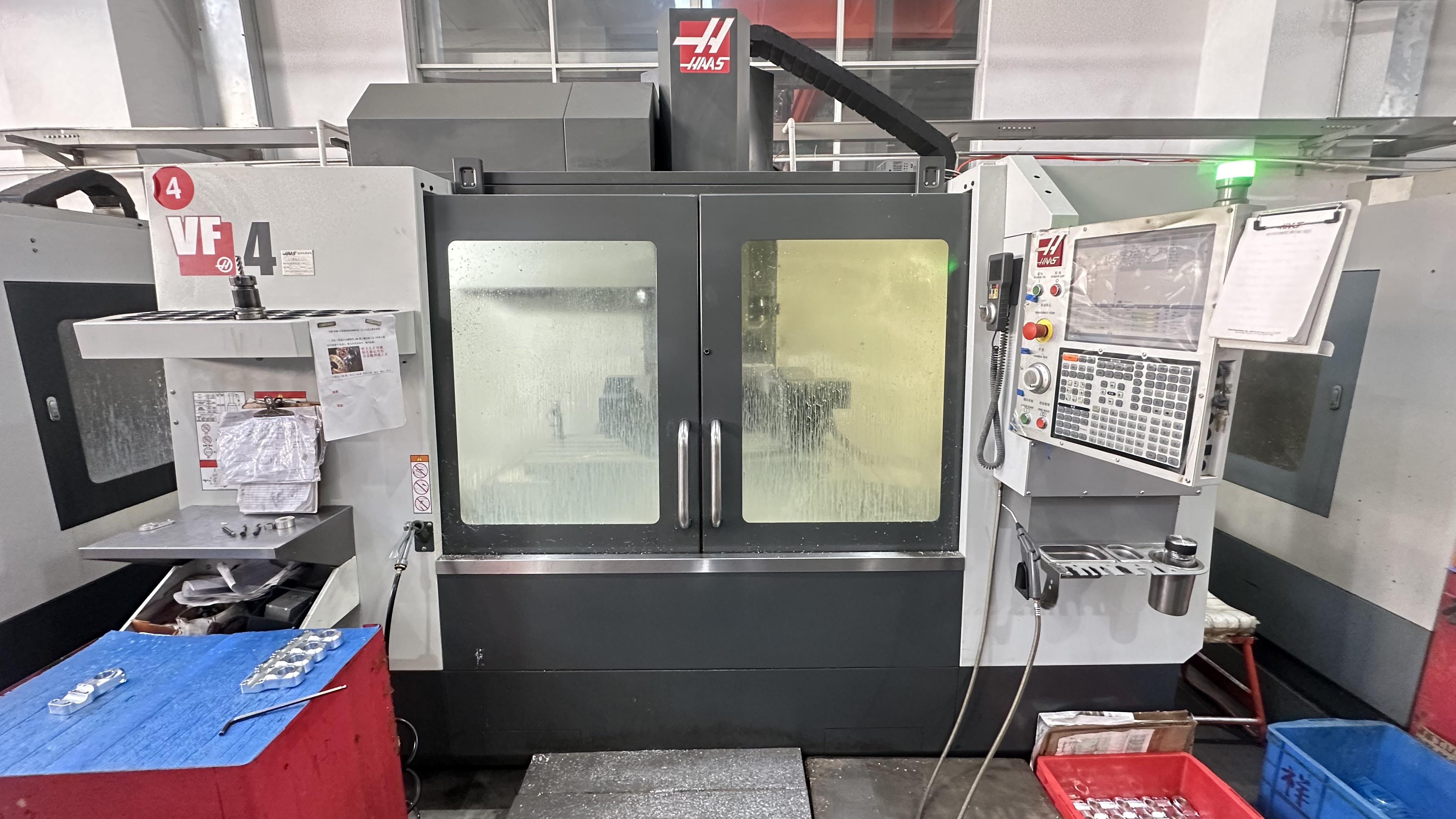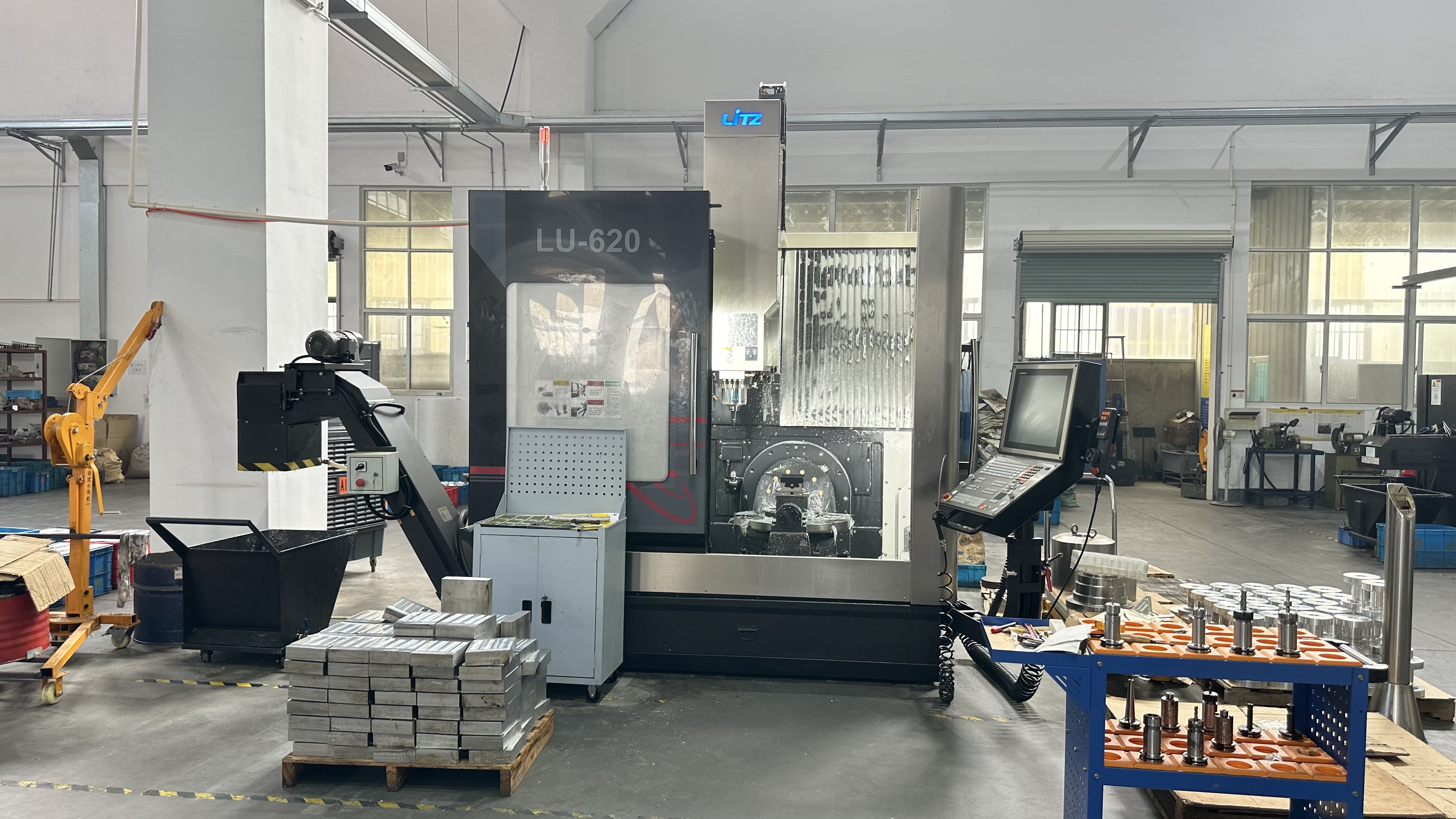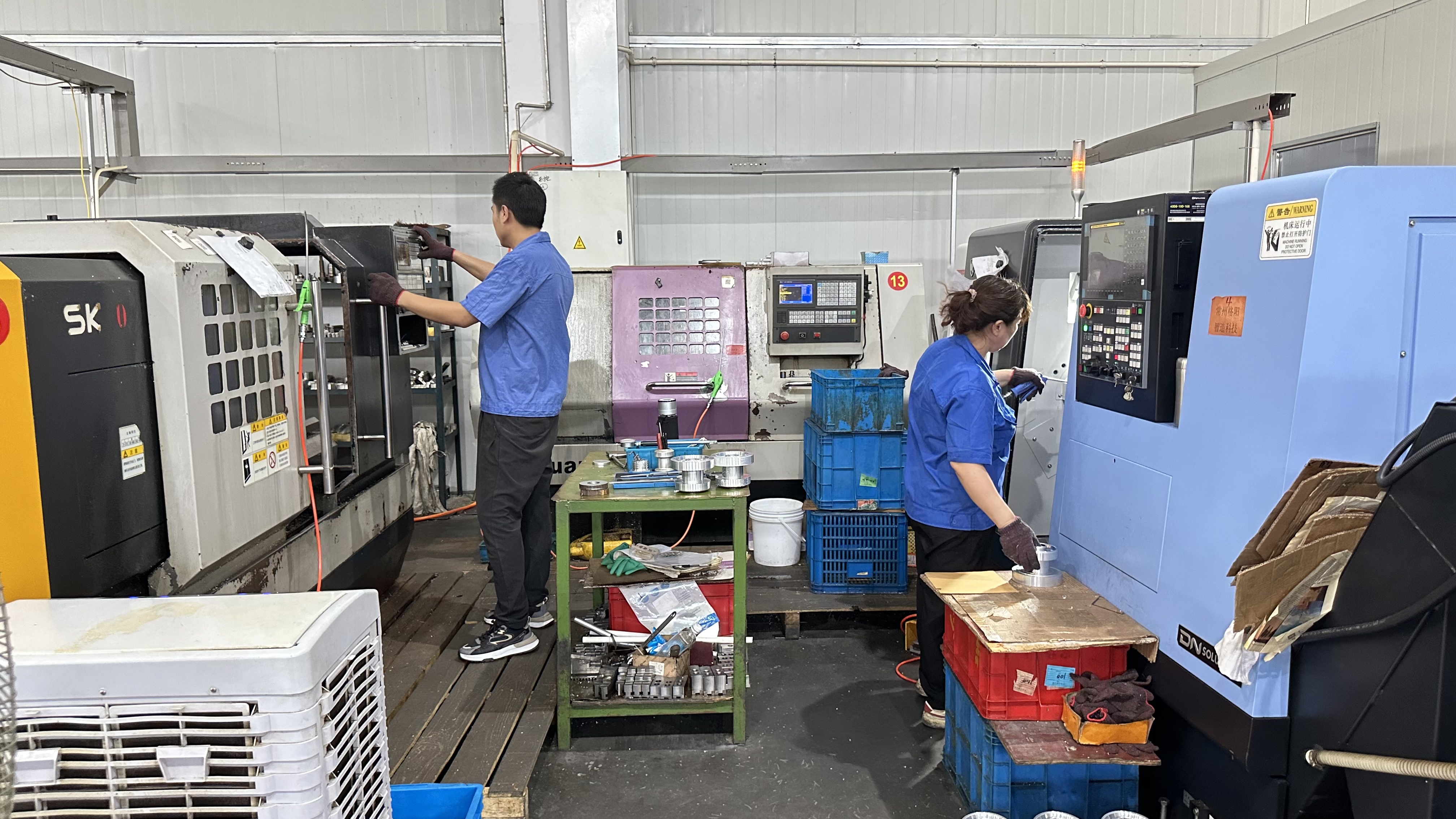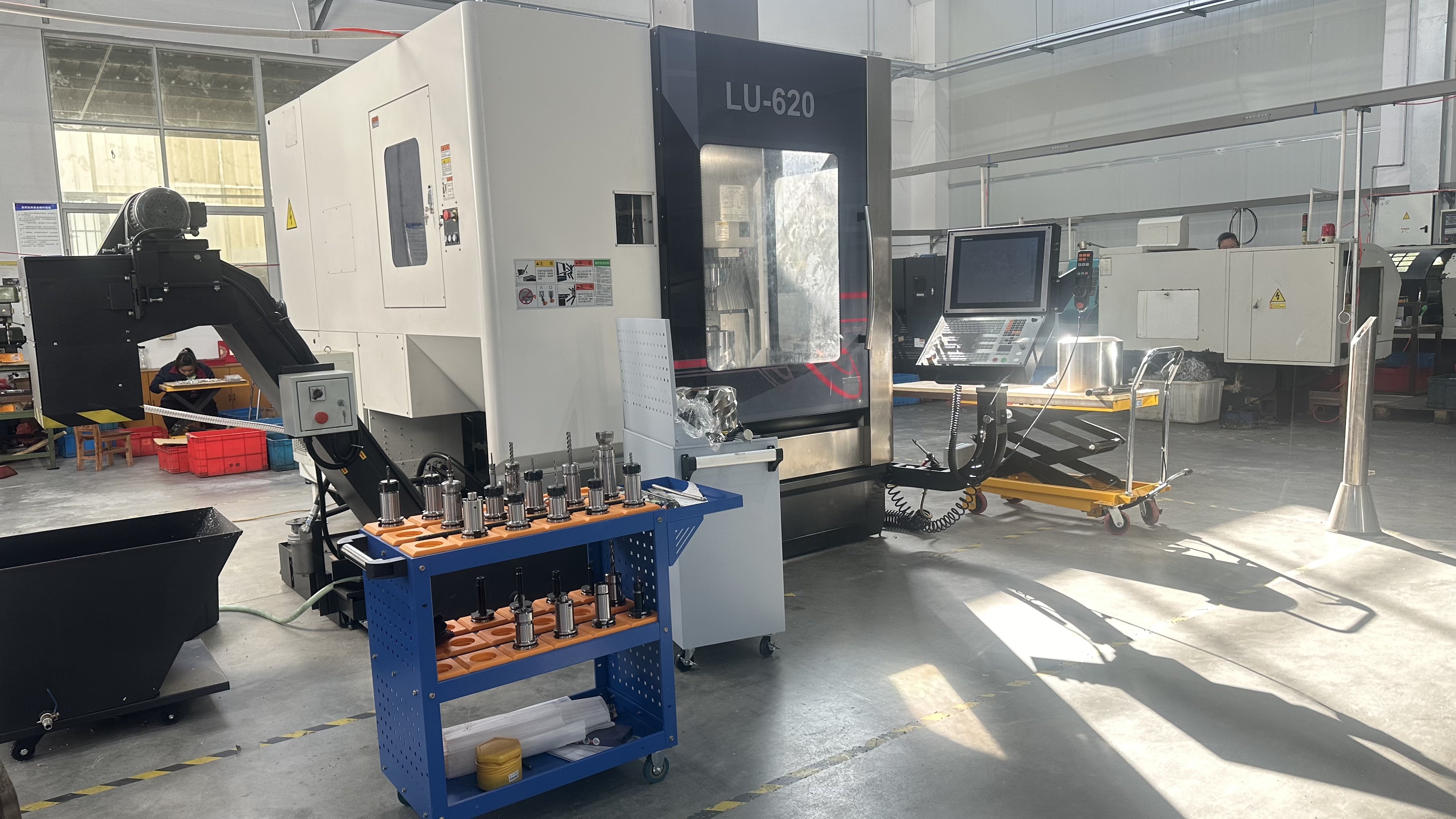1. Plastic Bags+Carton+Pallet
2. According to customers requirements.
3. Suitable for sea shipping and air shipping.
Go Kart Front Split Steel Sprocket Pitch 428: Durable Power for Your Kart
The Go Kart Front Split Steel Sprocket for #428 pitch chains is a robust drivetrain component designed to deliver reliable power from the engine to the chain, ideal for go-kart racing and recreational builds. Crafted from high-strength zinc-treated steel, it’s available in tooth counts from 9T to 20T, fitting engines like Predator 212cc, Honda GX200, Tillotson, or Briggs LO206. Compatible with clutch or jackshaft systems on chassis from Manco, Yerf-Dog, Carter Brothers, and Trailmaster, and bores from 3/4” to 1”, this sprocket suits racers, mechanics, and DIY enthusiasts, building on your interest in sprockets and mounts (March 18 and April 11-15, 2025). Whether you’re tuning for a dirt oval or assembling a rugged kart, this split steel sprocket offers toughness, easy installation, and precise chain engagement for consistent performance.
What Is a Go Kart Front Split Steel Sprocket?
A Go Kart Front Split Steel Sprocket is a two-piece, bolt-together gear that mounts on the engine’s clutch or jackshaft, driving a #428 pitch chain (12.7mm) to the rear axle. Made from durable steel with zinc plating, its split design allows quick tooth changes without removing the clutch, featuring bores like 3/4” or 1” and keyways (e.g., 3/16” or 1/4”). This sprocket ensures efficient power transfer, critical for torque-heavy applications or budget-conscious builds.
Why Use a #428 Pitch Split Steel Sprocket?
Steel sprockets offer superior durability over aluminum for high-torque or off-road use, resisting wear in gritty conditions, a complement to your drivetrain focus. The #428 pitch balances strength and weight for non-shifter karts, while the split design saves time on gear swaps, ideal for racers testing ratios or hobbyists seeking low-maintenance upgrades. Zinc plating adds corrosion resistance, ensuring longevity without premium alloy costs.
Designed for Reliability and Fit
Our #428 Front Split Steel Sprockets are built for 3/4” to 1” bores, with 9T to 20T options for gear ratios of ~3:1 to 8:1 when paired with rear sprockets (30T-60T). Featuring zinc-plated finishes, they fit clutches or jackshafts on chassis like Hammerhead, Coleman, and American Sportworks, supporting engines from 150cc to 300cc, delivering a cost-effective, rugged solution for diverse karting needs.
Key Features of the Go Kart Front Split Steel Sprocket
The #428 Front Split Steel Sprocket combines heavy-duty materials, practical engineering, and racer-friendly functionality, making it a standout for kart drivetrains. Here’s what sets it apart.
High-Strength Zinc-Treated Steel
Forged from ANSI 1045 steel (90,000 PSI tensile strength), these sprockets weigh 0.5-1.2 pounds (e.g., 12T at 0.8 lbs) and feature zinc plating for corrosion resistance. They last 800-1,500 hours in dry conditions or 1,200 hours in wet, outpacing aluminum in abrasive environments, perfect for off-road or budget racing.
Split Design for Quick Swaps
The two-piece construction bolts together with M6 screws, allowing tooth changes (9T-20T) without clutch removal, a time-saver noted in pit-friendly designs. This feature supports rapid ratio adjustments (e.g., 12T to 15T), boosting torque or speed, ideal for racers or builders tweaking performance on a budget.
Precision #428 Pitch Teeth
Machined to 0.02mm accuracy, the #428 pitch teeth (12.7mm) ensure smooth chain engagement, reducing wear and vibration. The profile distributes load evenly across the chain, maintaining alignment under high torque, essential for clones or 4-cycle engines like Predator in recreational or semi-competitive setups.
Keyed Bore for Secure Fit
Available in 3/4” or 1” bores with 3/16” or 1/4” keyways, the sprocket locks to clutches or jackshafts with set screws torqued to 5-8 ft-lbs. This secure fit prevents slippage, ensuring consistent power delivery, a reliability factor for karts without advanced transmission systems.
Applications of the Go Kart Front Split Steel Sprocket
The #428 Front Split Steel Sprocket’s durability and versatility make it ideal for various karting scenarios, from recreational racing to custom projects, aligning with your interest in drivetrain reliability.
Recreational Kart Racing Durability
For club or dirt oval racing with Predator 212cc or Honda GX200 engines, this sprocket delivers torque on chassis like Manco or Trailmaster. Lower teeth (9T-12T) maximize pull for short tracks, while its steel construction resists wear from dust, ensuring reliability for budget-conscious racers or weekend events.
Off-Road and Rugged Builds
In off-road or muddy conditions, the sprocket’s zinc-plated steel withstands debris and impacts, pairing with #428 chains on rugged karts like Hammerhead. Mid-range teeth (12T-15T) balance speed and power for trails, maintaining drivetrain integrity in high-stress environments, ideal for durable setups.
Custom Kart Drivetrain Mods
DIY builders, as you’ve explored with sprockets and mounts, use these sprockets for bespoke karts, fitting engines like Tillotson or Briggs LO206. The split design simplifies ratio testing (e.g., 10T vs. 14T), while steel’s affordability suits prototypes, streamlining drivetrains for unique chassis without breaking the bank.
Junior and Entry-Level Racing
For junior karts or entry-level classes using clones or 196cc engines, the sprocket’s strength supports learning tracks on Coleman or Carter Brothers chassis. Higher teeth (15T-20T) aid speed development, and the split design allows easy adjustments, fostering skill growth with minimal maintenance.
Technical Specifications and Usage Guide
To ensure optimal performance, understanding the Go Kart #428 Front Split Steel Sprocket’s specs and installation is essential. Here’s a detailed guide.
Size and Compatibility
These sprockets fit #428 pitch chains (12.7mm), with 9T to 20T counts (~30mm to 65mm diameter) and 3/4” to 1” bores (3/16” or 1/4” keyways). They mount on clutches or jackshafts for axles from 25mm to 50mm, compatible with chassis from Manco, Yerf-Dog, and American Sportworks, and engines from 150cc to 300cc (e.g., Predator Ghost, Honda Clone).
Material Strength and Durability
ANSI 1045 steel offers 90,000 PSI tensile strength, lasting 800-1,500 hours in dry conditions or 1,200 hours in wet with zinc plating, resisting rust and abrasion. Its ~30% higher durability than aluminum ensures reliability under torque-heavy or gritty conditions, suiting recreational or semi-pro use.
Step-by-Step Installation Guide
Preparation: Choose tooth count (e.g., 12T for torque) and verify bore (e.g., 1”). Gather sprocket, clutch, M6 bolts, #428 chain, and tools (10mm wrench, hex key).
Positioning: Align sprocket halves on clutch or jackshaft, matching keyway (e.g., 1/4”). Ensure teeth face outward, centered with rear sprocket (use straight-edge for ~1/8” chain gap).
Securing: Bolt halves together with M6 screws at 5-8 ft-lbs, then secure to clutch with set screws at 5-8 ft-lbs. Adjust chain to 1/4” slack, confirming alignment.
Final Check: Rotate clutch to verify smooth chain run and no binding. Test at idle to ensure engagement, repositioning if chain skips or tension shifts.
Maintenance Tips
Inspect for tooth wear (>0.5mm hooking), zinc flaking, or loose bolts after muddy runs or 50 hours, cleaning with a wire brush and degreaser. Re-tighten bolts and replace if teeth crack or wear significantly, typically after 800-1,500 hours based on conditions. Store dry to prevent rust.




















